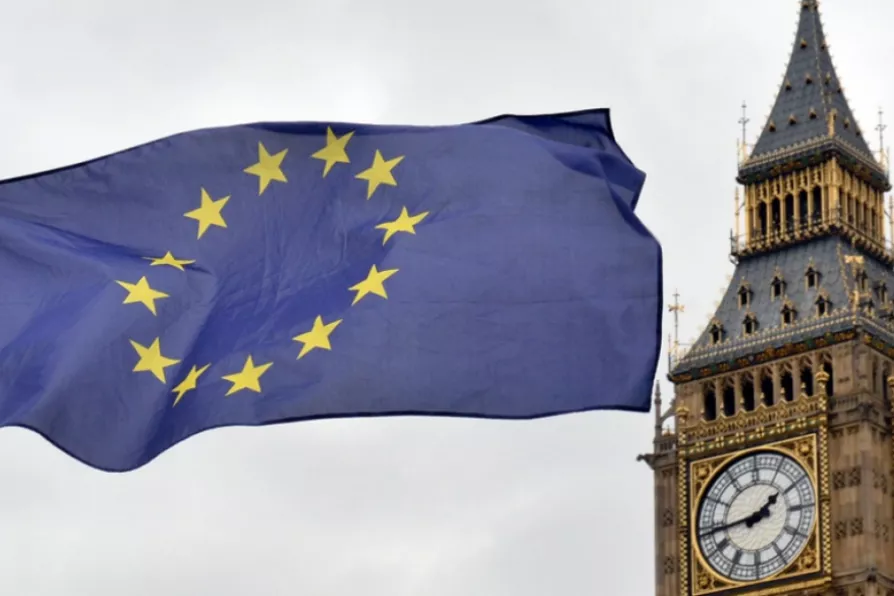The PM says Mandelson 'betrayed our values' – but ministers and advisers flock to line their pockets with corporate cash, says SOLOMON HUGHES


WHAT does Brexit mean for jobs and the economy in Britain?
During the EU referendum campaign, a barrage of reports, open letters, forecasts and announcements warned that a Leave vote would bring about an immediate recession. GDP would fall, the pound would collapse, unemployment would rise and by 2030 the average household in Britain would be £4,300 worse off.
Tim Shipman shows in his blockbusting book, All Out War: The Full Story of How Brexit Sank Britain’s Political Class, how this offensive was carefully orchestrated.

Starmer sabotaged Labour with his second referendum campaign, mobilising a liberal backlash that sincerely felt progressive ideals were at stake — but the EU was then and is now an entity Britain should have nothing to do with, explains NICK WRIGHT

In the run-up to the Communist Party congress in November ROB GRIFFITHS outlines a few ideas regarding its participation in the elections of May 2026

The left must avoid shouting ‘racist’ and explain that the socialist alternative would benefit all












